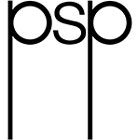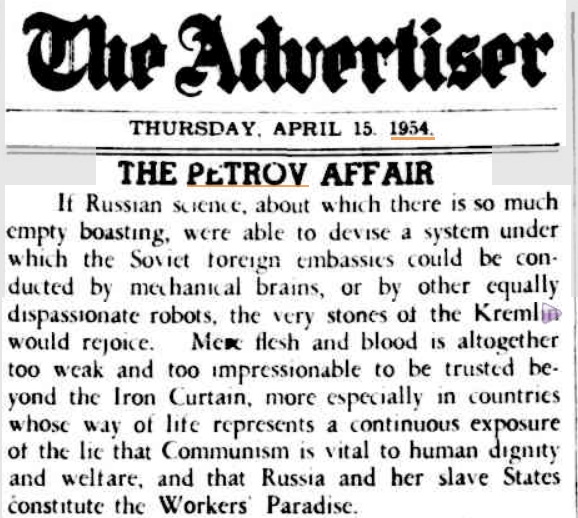A prolonged radio silence, you mutter. Not very poetic.
Well yes and no. The latter months of 2015 saw Pitt Street Poetry not so much in the pits as more of a long, deep slough of despond. One half of the cissexual team who form the engine room of the imprint crashed into intensive care and six exquisitely uncomfortable subsequent hospital weeks. The other, stronger (i.e. biologically female) half clustered around with food and empathy, then dashed solo to Chennai for the three day nuptials of their eldest. Préparez vos mouchoirs, folks. But once that silent tear has been shed, get out your Paypal virtual wallets as well, because in the midst of all that we managed to produce three of our finest poetry offerings yet.
Peter Goldsworthy’s Maestro and Honk if you are Jesus are cherished rites of passage for every Aussie literary coming of age. But like Luke Davies, Clive James and so many other flaneurs, he is first and foremost a poet. The other creative outflows – novels, medicine, literary politics and the rest – are minor branch vessels leading from the great wide pounding aorta of poetry. His new book for PSP The Rise of the Machines and other love poems collects all the poetry Goldsworthy has written in the 21st century. It has been welcomed with a fine careless rapture by the Herald, the Age, the ABR and all the usual suspects, even those more usually resistant to the odd love poem:
Distracted, I speak to you out loud
in the empty car, old news I forgot to mention
before. When our conversation ends
I am alone again, but in another suburb, lost
and unremembering. Somehow retracing
my trail of miles to our supermarket,
I pay for bread and milk but walk out,
talking to you more quietly, but leaving
the staples of life on the counter.
A shopgirl chases me to the carpark
and hands them over, keeping
her distance, thinking from the way
I move my lips that I have lost my mind
when all along it was only my heart.
Then in November a double launch in Canberra at the Civic Library. A new collection from Geoff Page is always an event, and Gods and Uncles finds him at the top of his redoubtable form. We were there at Adelaide Writers week in March 2014 when Peter Goers, Adelaide ABC local radio evenings legend, quizzed him about his life and work – but were unprepared when Goers anointed him “Australia’s greatest living poet”. But entirely unsurprised. This new book moves from wry, chuckling takes on family and friends, on the nature of the shirt and the status of ballroom dancing in 1942, deftly through from the avuncular to the divine:
Quotidian is all:
the way the weather was,
a late-night red across the palate,
afternoons of sweat and skin,
the timbre of a saxophone,
the quality of light at dawn
across the lotus pond.
The other Canberra launch was a new venture for Pitt Street Poetry – a volume of selected poems, with (don’t look now) a black cover instead of a white one. Who better than John Foulcher, oldest of friends, loyalest of supporters, finest of poets, and importantly the geezer who launched the imprint back in 2012 with a reprint of his debut classic Light Pressure (1982) and his profound Parisian The Sunset Assumption. Foulcher’s 101 Poems collects his best work, published in nine slender volumes over 30 years. For the first time the reader can savour, in a single book, the affectionate nods to the bush, the schoolyard and family, the quiet moments of transcendence, and that quirky, jokey, self-deprecating eye for the absurd which are the hallmarks of his work.
Voices have pierced the concrete,
they riddle me with memory.
She lies transfigured. I wait
and with my other hand
reach up, touch fingers wriggling
from the slab. Something is whispered.
I remember tears, afternoons.
Soon there will be the night air,
the flashes of wind, cameras waiting
with my future. Though I have
only this day, this moment.
I have raised my hand from black water,
I have felt the diminishing ripples
lapping at me. I have listened,
I have heard the quiet sentences.
All three books are available in the best poetry bookshops pretty much everywhere, but why not click on the link and buy them all on line now?
And seeing as how we’re back in dark harness, watch this space.
2016 promises to be the best year yet for Pitt Street Poetry…

